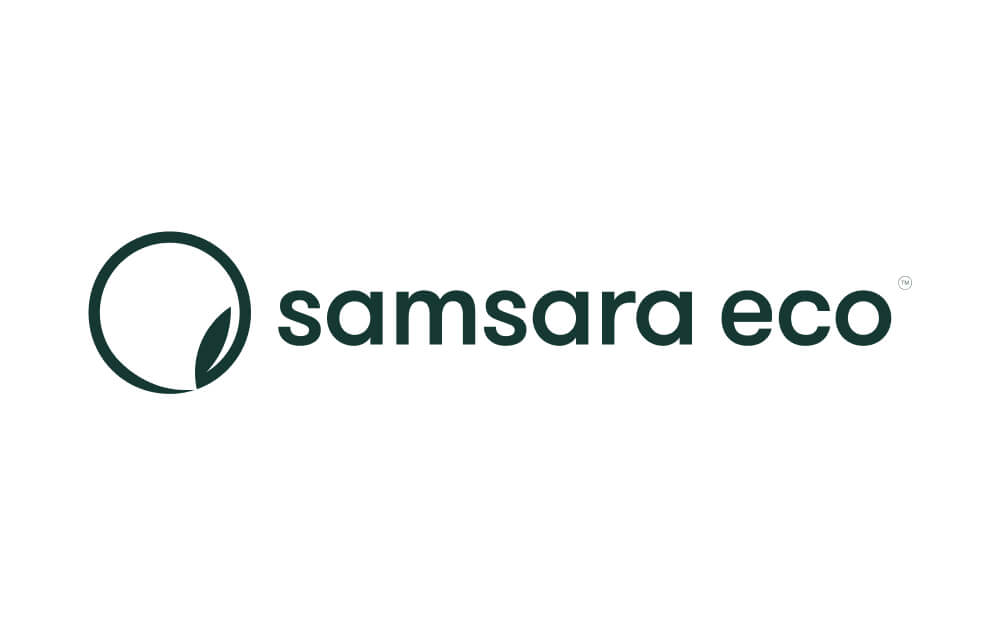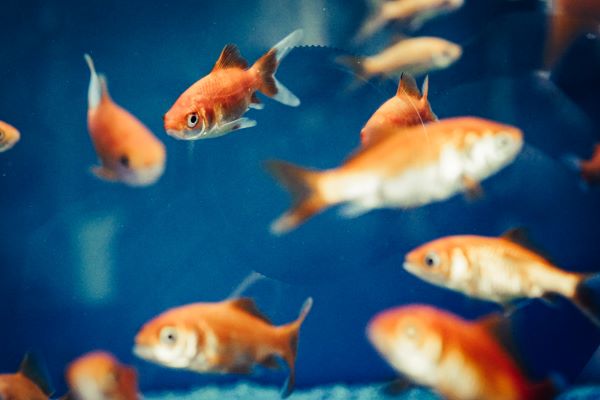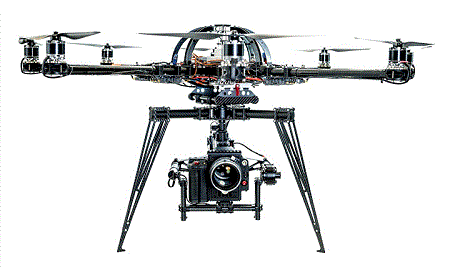An Australian company specializing in plastic-eating enzymes aimed at recycling materials destined for landfills has raised approximately US$65 million in its latest funding round, with support from backers including yoga-wear brand Lululemon.
Samsara Eco, which employs artificial intelligence to develop new enzymes capable of breaking down common types of plastics, plans to use the capital to establish commercial facilities in Southeast Asia. The funding round concluded this month, attracting investments from entities such as Singapore’s state investment company Temasek, Hitachi’s venture-capital arm, and Lululemon, which recently began selling a jacket made from Samsara Eco’s recycled polyester.
Founded in 2020, Samsara Eco designs enzymes to enhance the microscopic organisms’ ability to decompose plastics like textiles and packaging into their original building blocks. These monomers can then be reused to create new plastics without any quality degradation, facilitating what the company terms infinite recycling.
Samsara Eco intends to use the latest funding to develop a nylon facility and a polyester facility, each capable of recycling millions of tons of plastic waste from nearby garment factories.
Chief Executive Paul Riley stated that both facilities will be 50-50 joint ventures with leading plastic polymerization companies. He declined to disclose the potential partners due to nondisclosure agreements.
“Our partners are propelling us to market quickly,” said Riley, who anticipates the facilities will begin commercial production by early 2027. “This is an exciting inflection point for our business, providing the capital platform to accelerate commercialization and collaborate with our partners to bring the technology to market.”
Samsara Eco is among several companies leveraging enzymes to reduce landfills and the demand for new oil-based plastics. According to the United Nations, municipal solid waste generation is expected to increase from 2.1 billion tons in 2023 to 3.8 billion tons by 2050. Other companies in the enzymatic recycling space include France’s Carbios, which has partnered with PepsiCo, sportswear giant Puma, and clothing retailer Patagonia.
A key advantage of Samsara Eco’s process is that plastics do not need to be sorted for recycling. Waste can be processed through various stages to separate different plastics and the dyes used to color them.
- Press release







